The Apple Vision Pro will work with many Bluetooth devices — but not all of them. Here's what you can or cannot use with Apple's new headset.
Just like an iPhone, an iPad, or a Mac, Apple has made it possible for users to connect Bluetooth devices wirelessly to the Apple Vision Pro. You can get a lot done with the headset alone, but adding more items to the setup can help make it a more flexible experience for users.
However, while Bluetooth is nearly ubiquitous, not every accessory will work with the headset from launch.
Apple has confirmed the types of hardware that will work with the Apple Vision Pro from the outset, simplifying the process for users trying to work out what else they can buy or use with their new purchase.
AirPods and Beats headphones, and other audio accessories
You can use the built-in speakers of the Apple Vision Pro, but if you want privacy and features such as active noise cancellation, you should connect up Apple-produced audio devices.
All current models of AirPods, as well as Beats headphones and earphones, are compatible with Apple Vision Pro. If they're already associated with the same Apple ID as used with the headset, they can automatically connect by being placed in the user's ears.
Apple specifies that, for the best experience with Lossless Audio and ultra-low latency, the second-generation AirPods Pro (currently on sale at Amazon) should be used.
While Apple does have an obvious preference to its own products, you can still add many other standard Bluetooth headphones and earphones to the Apple Vision Pro. This is performed by using the device's pairing mode and accessing Bluetooth within the Settings menu, the same way that many other devices pair with the headset.
However, do be aware that any accessories you use needs to work around the various bands the Apple Vision Pro uses. Using the wrong accessory could introduce discomfort.
Hearing assistive devices
Hearing aids and other devices that can help the hard of hearing to use Apple hardware can also be used with the Apple Vision Pro. All hearing devices with an MFi designation will work fine, with Apple adding some models from Phonak, IQBud, and Poco are also compatible.
Hearing devices of this type can be connected by placing them in pairing mode, then enabled by opening Settings then Accessibility followed by Hearing Devices.
Keyboards and trackpads
To help with productivity, there's support for most Bluetooth keyboards included in the headset. Apple advises this applies to many third-party manufacturers of keyboards, as well as some of its own.
For Apple's self-produced keyboards, the Apple Vision Pro isn't compatible with models that use removable batteries, only those with built-in batteries that cannot be removed. This rules out Apple's original wireless keyboard, and the first Magic Keyboard that took AA batteries.
As well as keyboards, Apple's Magic Trackpad is also compatible with the headset. However, Apple again stresses older variants with removable batteries won't work.
Game controllers
While the Apple Vision Pro relies on hand tracking and doesn't ship with its own controllers, you can still connect gaming hardware to the headset.
All controllers that have MFi certification will work with Apple Vision Pro, just as they would with an iPhone or iPad. This also includes mainstream game controllers for the Xbox and PlayStation console lines, many of which are currently marked down at Amazon.
Not mice, at least directly
One of the few things Apple outright states won't work with the Apple Vision Pro are Bluetooth mice. The cursor-moving tool cannot be paired with the Apple Vision Pro, and cannot be used in apps running on the head-mounted hardware.
There is a caveat, in that you still can use mice if you're using Mac Virtual Display.
If you connect to a Mac that has a Bluetooth or wired mouse connected to it and you connect the Apple Vision Pro to that Mac to view the display, you can use the keyboard and mouse of that Mac as normal. However, you can also move the cursor off the sides of the Mac Virtual Display and into the windows of other Apple Vision Pro apps.
It's not as ideally usable as directly pairing the mouse with the Apple Vision Pro itself, but it does work in a pinch.
Potentially more can connect to Apple Vision Pro in the future
As a new product, Apple will have limited Bluetooth compatibility to a set of core accessory types, to make sure it works fine. It is plausible that, as ownership of the Apple Vision Pro grows and becomes more demanding, Apple could allow more Bluetooth device types to connect.
Also, bear in mind that the list above is not exhaustive, and Apple may have quietly included support for some unusual types of Bluetooth-based hardware. You aren't going to break the Apple Vision Pro by pairing a device it cannot use, so it is at least worth attempting to connect other items you hope to use with Apple's new computing platform.
 Malcolm Owen
Malcolm Owen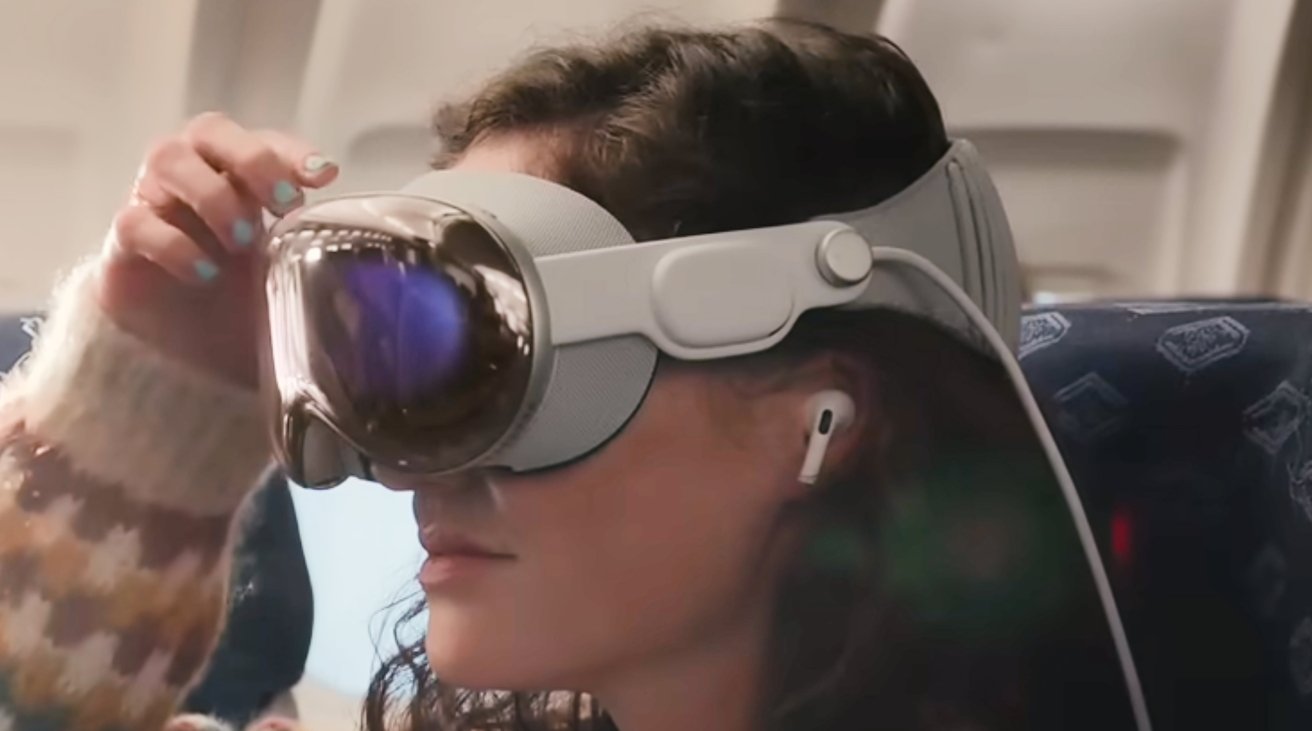
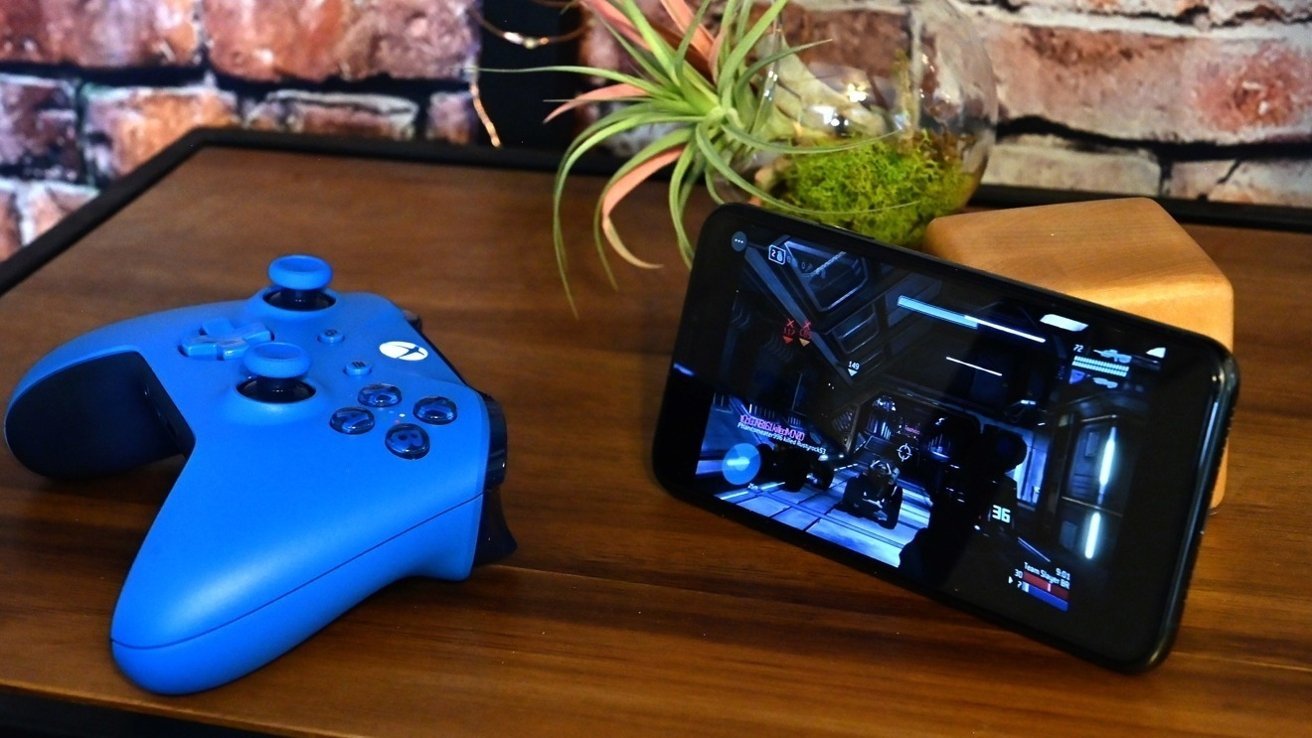

-m.jpg)






 Amber Neely
Amber Neely
 Oliver Haslam
Oliver Haslam
 Thomas Sibilly
Thomas Sibilly
 Marko Zivkovic
Marko Zivkovic

 Wesley Hilliard
Wesley Hilliard

 Andrew Orr
Andrew Orr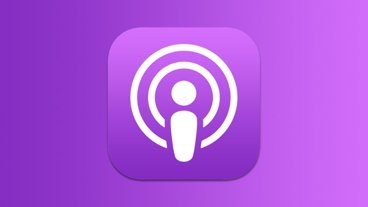
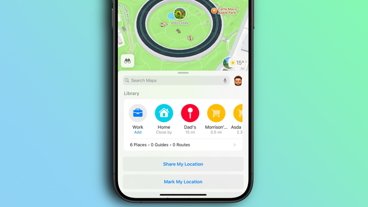
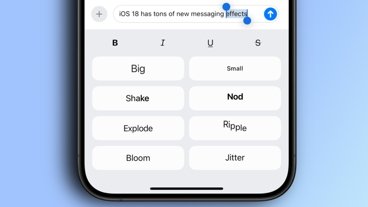
-m.jpg)






7 Comments
I am curious about one feature not discussed. We know that Apple Vision Pro only supports one Virtual Display. When the AVP is paired to a MacBook, that single virtual display appears and the MacBook's display is blanked out.
However, has ANYONE tried this attempt yet. First use Sidecar tech (either wirelessly or with a cable) to pair an iPad's display to act as a secondary screen to the MacBook. Then pair the MarBook (while still using the iPad display as a secondary extended display, with an Apple Vision Pro. Once the pairing (AVP to the MacBook), the MacBook's display should go black while the AVP mirrors the MacBook's display as a floating virtual display.
My question is - will the iPad's display still act as a visible extended display?
Mice will eventually work.
Has anyone investigated the availability of 20-bit/48kHz lossless audio with the AirPods Pro 2 USB-C when used with the Vision Pro yet? Is it available now? Do you see anything in the UI about it?